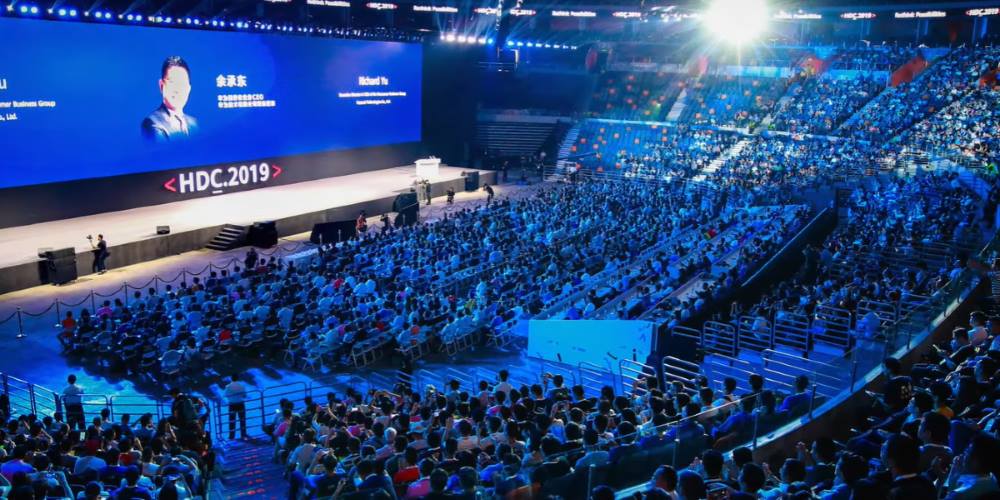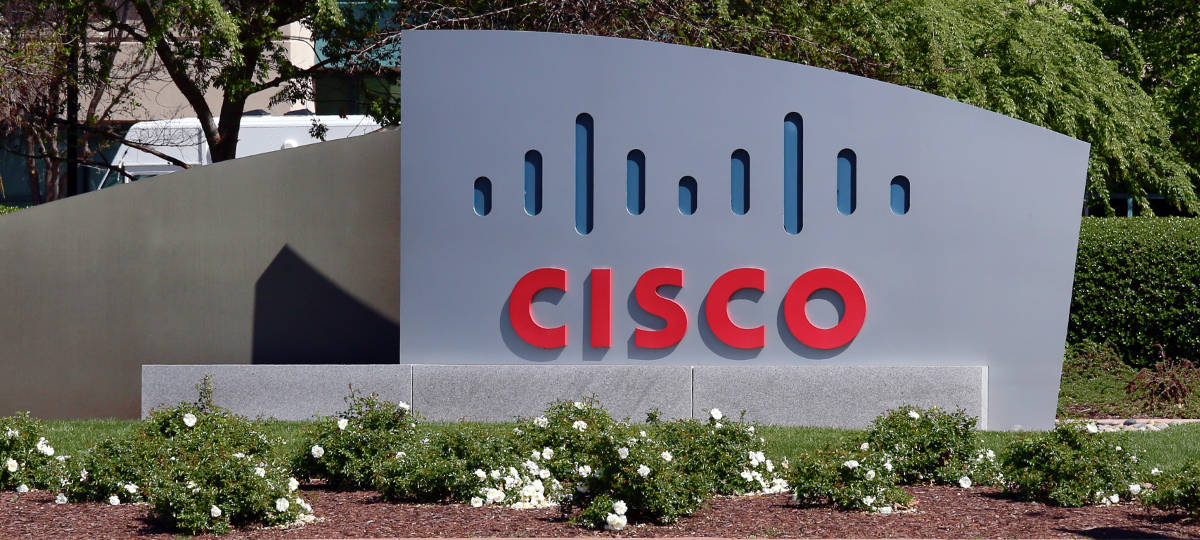In an opinion article written by Kamal A Munir, Associate Professor of Strategy and Policy, Cambridge Judge Business School and Hamza Mudassir, Visiting Fellow in Strategy, Cambridge Judge Business School, published by The Conversation, both professors state that Huawei’s meteoric rise in the telecoms business was brought to a dramatic halt in April when the US government put a ban on US companies doing business with the Chinese firm. This includes Google and, crucially for Huawei’s smartphone users, access to the Android operating system updates.
“Huawei’s Harmony OS announcement was much needed relief for Huawei smartphone owners who have been rightly worried that their expensive purchases would become obsolete more quickly”, write the authors, according to whom a new and improved Huawei OS that can easily replace Android OS on Huawei phones will help remove the firm’s dependence on Google’s technology.
The authors then present four reasons why Huawei’s latest OS is not “a magic solution” to the company’s problems:
1 — App shortage
“Most users have no idea what an operating system does”, write Munir and Mudassir, explaining that app developers target operating systems with large user bases since it means they will recoup their development costs much quicker. “No one is interested in operating systems with small market shares”.
“Although Huawei can theoretically just switch all of its users to its new operating system, the associated apps would need to be altered, as Harmony OS is not compatible with Android. With over 2m apps on Google’s Play Store, it would require a lot of patience and deep pockets to convince app developers to port their apps from Android to Harmony and keep them updated”.
2 — Lock in
“Switching operating systems is much harder now than it was in the past. A mobile OS today generates and stores most of your personal online passwords, carries a virtual version of your credit card for easy spending, backs up all your videos and images to their respective cloud drives, and much more”, write the authors, who mention the terminal difficulties Blackberry experienced when trying to port apps to its own OS. “Shifting all of that information across mobile operating systems has so far been a broken process. Even dedicated transfer apps by Apple and Samsung have failed to do this seamlessly for various strategic, security and technical reasons. With a third OS in play, it will not get any better”, they conclude.
3 — The trade ban goes beyond Android
The authors remind readers that the trade ban on Huawei is in full force on all US companies and not just Google. This means that apps from the likes of Facebook, Amazon, Uber, eBay and Paypal among others cannot be simply ported over to the new operating system without a special license. “With increased trade tensions between the US and China, the chances of leeway for these companies to obtain such a license any time soon seem low”.
4 — Impact on non-mobile business
“Given the dramatic and very public nature of the US ban on Huawei, its financial impact will likely affect Huawei’s telecoms equipment business everywhere else. For consumers and governments increasingly worried about privacy and data protection, working with a technology provider in the throes of controversy isn’t exactly comforting. For Huawei, launching a new mobile operating system will not help solve that issue and will continue to put pressure on the technology giant’s exports outside of China”, state the professors in their article.
The Chinese government can do more than any other country to help Huawei out of this pickle, but not nearly enough. Given China’s own ecosystem of highly popular apps, users there will not be as badly affected. But outside China it’s a different story.
The authors add that even if the Chinese government were to retaliate by banning Apple and handing its declining market share to Huawei, that still wouldn’t solve the firm’s global conundrum: “Huawei was in the vanguard of China’s march towards technological dominance but Donald Trump’s trade ban has stopped it in its tracks. Relenting on Huawei would mean letting the world’s dependence on US tech slip – something the US just isn’t prepared to allow”, write professors Kamal A Munir and Hamza Mudassir.















